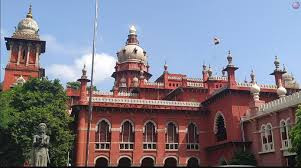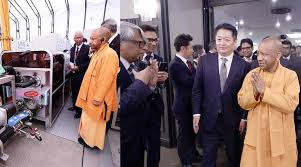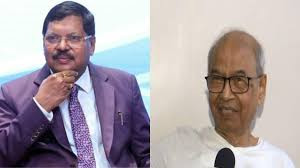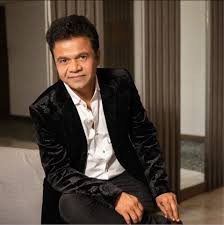Madras High Court Affirms: Right to Privacy Not Absolute, Backs Tamil Nadu Government’s Role in Preventing Social Harm

IIE DIGITAL DESK : June 3, 2025 — The significant ruling with wide implications on the balance between individual rights and public interest, the Madras High Court on Monday observed that the right to privacy is not absolute. The court emphasized that while privacy is a fundamental right under Article 21 of the Indian Constitution, it can be subjected to reasonable restrictions if societal interests are at stake.
The verdict came during the hearing of a case related to the Tamil Nadu government’s surveillance and regulatory mechanisms aimed at curbing cybercrimes, including online abuse and misinformation. The petition, filed by a digital rights advocacy group, had challenged recent moves by the state government to increase digital monitoring, arguing that it infringed upon citizens' privacy and personal liberty
In its ruling, the division bench, comprising Justice R. Mahadevan and Justice R. Vijayakumar, stated, “Privacy is an important right, but it is not unqualified. It must be weighed against competing interests such as national security, public order, decency, and prevention of crime. The state has a legitimate responsibility to safeguard the social fabric.”
The court made it clear that while surveillance cannot be arbitrary or excessive, the government is constitutionally empowered to take preventive measures in the larger interest of public safety and welfare. It added that data collection or monitoring must follow due process and be proportionate to the objective sought.
The judges cited the landmark Puttaswamy verdict by the Supreme Court in 2017, which recognized privacy as a fundamental right but also held that it is subject to reasonable limitations. "The state cannot be rendered powerless in the face of digital threats that have the potential to cause serious social unrest or harm," the court noted
The state government, in its defense, said that its actions were in response to growing concerns over online harassment, cyberstalking, spread of fake news, and extremist propaganda. It explained that the tools and mechanisms being implemented were not blanket surveillance but targeted responses with judicial oversight in critical cases.
Advocate General R. Shunmugasundaram argued that “public safety, especially in a digital age, requires a nuanced understanding of liberty. Privacy cannot become a shield for criminal activities.”
He added that the state had followed guidelines laid down by the Supreme Court, including maintaining data security, minimal intrusion, and ensuring transparency in action. He said that authorities were working in coordination with cybersecurity experts to ensure individual freedoms were not violated unnecessarily
The petitioner organization, Digital Rights Forum, expressed disappointment with the ruling, warning that it could set a precedent for state overreach. Advocate S. Mathivanan, representing the group, said, “We are not against public safety measures. But we fear that vague definitions of ‘social harm’ could lead to mass surveillance and suppression of dissent.”
He added that they would consider appealing to the Supreme Court, citing the need for tighter safeguards to prevent potential misuse of privacy-invading technologies
Legal experts believe the ruling reinforces the state’s power to regulate digital spaces while reiterating the principle that fundamental rights are not absolute. Senior lawyer Geetha Ramachandran noted, “This judgment affirms that privacy is vital, but not inviolable. The key is ensuring proportionality and oversight.”
In a rapidly evolving digital world, where misinformation, cybercrimes, and digital harassment are rising, the judgment attempts to provide a framework within which both individual freedom and collective security can coexist.
The Madras High Court’s decision is likely to influence similar cases across the country, as state governments and law enforcement agencies grapple with the challenge of protecting rights while maintaining law and order in cyberspace.
You might also like!
























